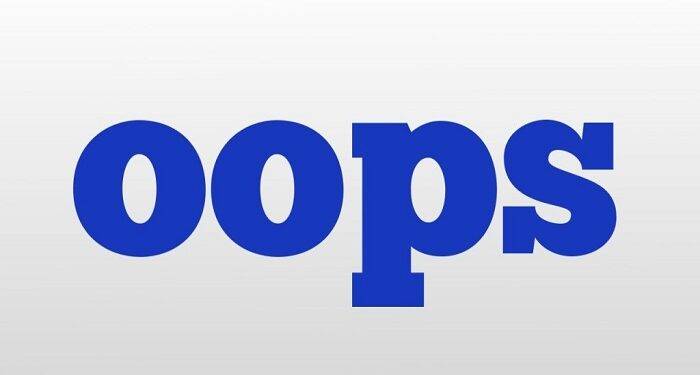If you are wondering what OOPs stands for, then you are not alone. This programming paradigm has spawned many applications and is widely used in industry. It makes writing code simpler by insisting on thinking about what you expose to the outside world. Additionally, you can change the implementation of an object without affecting other parts of the code. If you’re unsure about what OOPs is, you can check out our dictionary of acronyms for more information.
OOPs stands for Object Oriented Programming Systems, and it refers to a programming style where the focus is on real-world objects rather than procedural procedures. In OOPS, each object is associated with both data and functionality. Procedural programming, on the other hand, places more importance on procedures and separation between data and the functions that operate on it. This approach is commonly used in game development, and is a great way to create flexible and maintainable applications.
OOPs is a programming language paradigm that makes it easier to write complex software. It focuses on the concept of objects – data, information, and code – instead of a hierarchy of programs. It also makes it possible to make multiple versions of a program. And, as a result, OOPs code is easier to maintain and debug than the old-fashioned way. This is why many programmers prefer OOPs as their primary language.
Another key feature of object-oriented programming is polymorphism. Unlike traditional linear code, object-oriented programs allow you to write multiple methods using the same name. Java supports both compile-time and run-time polymorphism. Object-oriented programming languages also enable inheritance. It also promotes reusability of code. The “extends” keyword is used to implement inheritance. In Java, you can only inherit the properties of another class.
Encapsulation is another key concept in OOPs. Encapsulation is the process of binding data and methods together. It prevents the former from interfering with the latter. In other words, encapsulation hides the information from outsiders. It also reduces programming complexity and effort. This principle has been used in software for over two decades and has been the basis of many great projects. It’s time to try it out!
Another key concept in OOPs is polymorphism. Polymorphism means a class can have more than one name. Polymorphism also allows for inheritance. This is the practice of sharing structure and behavior among different classes. Single inheritance involves a single instance of the class; multiple inheritance allows multiple instances. The latter is a way to share an object’s structure and behavior between different classes. This principle is also common in C++.











